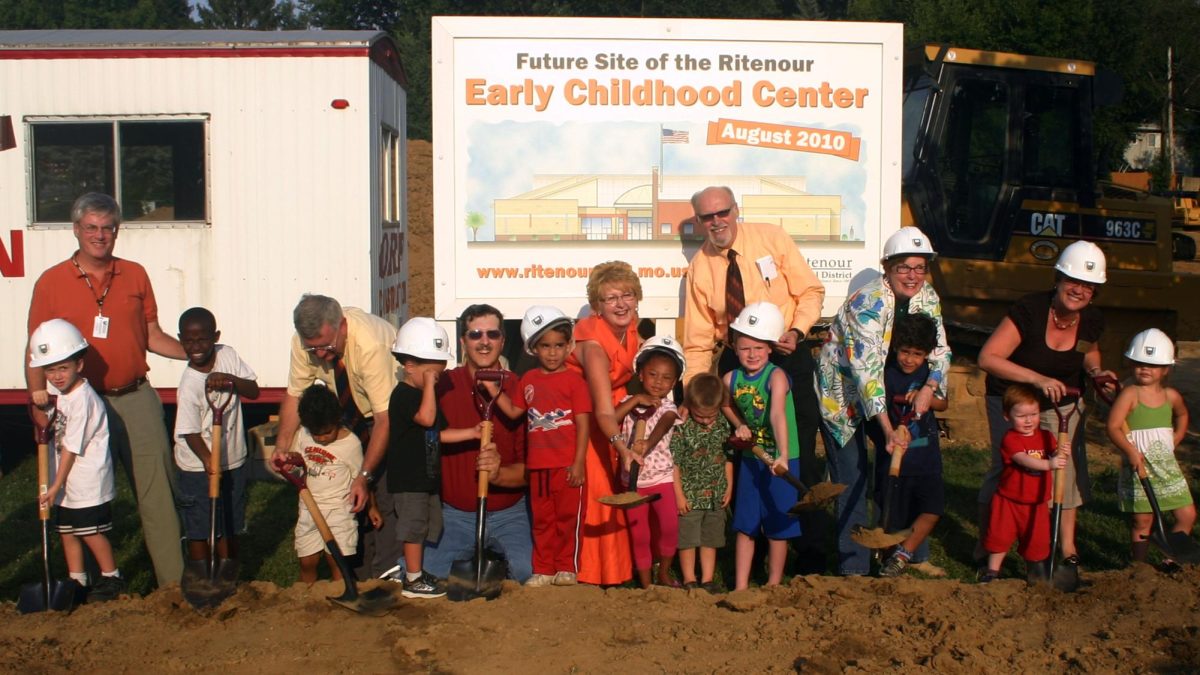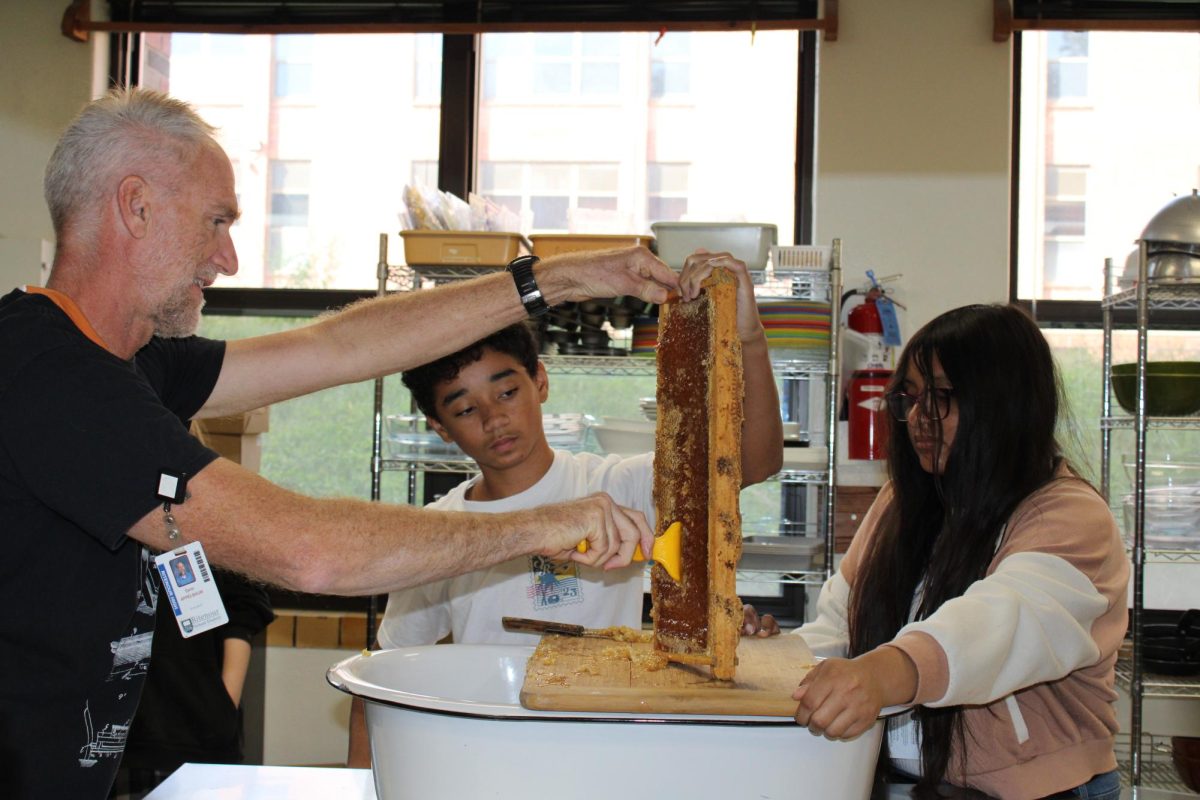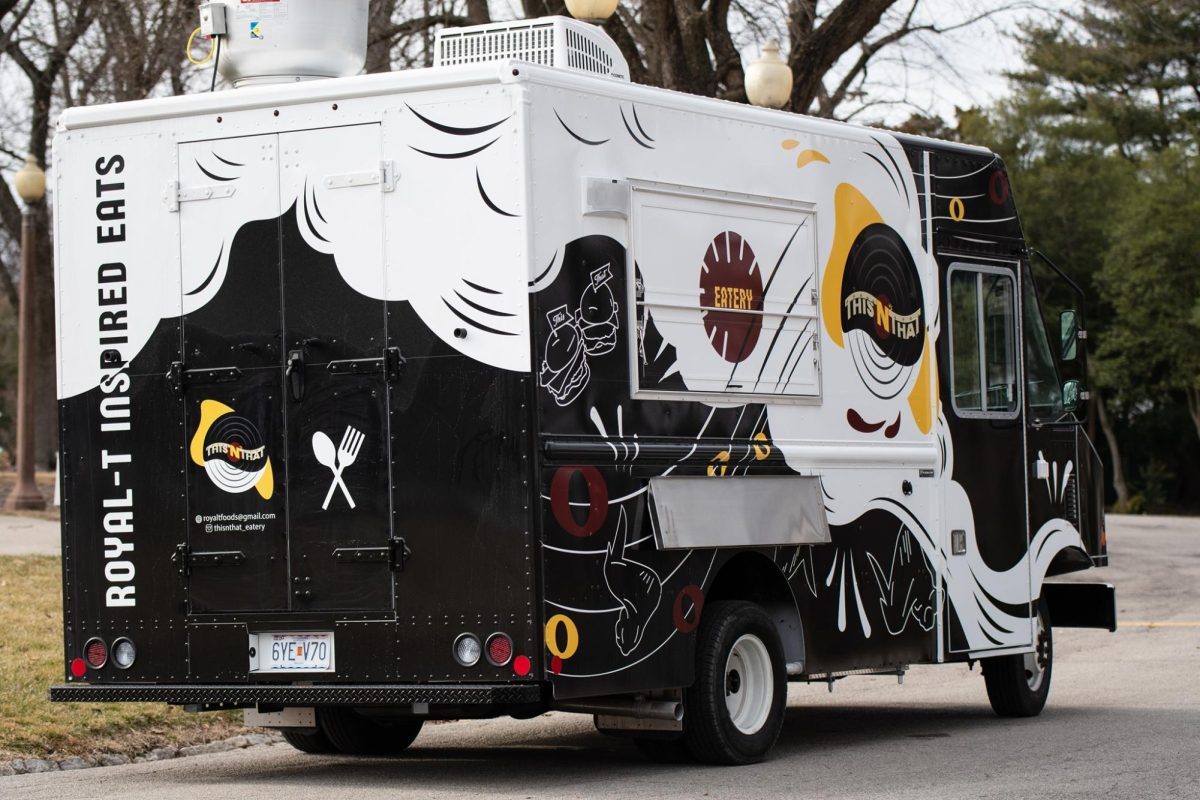It is a rite of passage for every generation to belittle the one below them, whether it is complaining about walking uphill in the snow to school or about having a stronger work ethic.
This idea is shared by almost every age group. Baby boomers often think millennials are ignorant and lazy, and millennials think the same thing about Generation Z.
“Baby Boomers may perceive millennials as lacking commitment due to their penchant for job-hopping and desire for work-life balance. Conversely, millennials might see baby boomers as inflexible and resistant to change,” says Oswald Reaves of GetCultureBot.com.
Generation Z is growing into the age of sentience and is beginning to assume the same opinions as Generation Alpha.
People with less than five years of work experience have noticed the same trend in work ethic decline that people with 25+ years of experience have noticed.
“I have noticed that in some regards teenagers seem less competent,” says Parkway North High School graduate Jasmin Saunders. “I feel as if the same manners or societal responsibilities are not ingrained in younger teens as they were ingrained in people closer to my age.”
This observation of a decline in competence is shared by those in the older generations as well.
“I have noticed the work ethic in younger generations declining. The younger generation for the most part doesn’t seem to want to work hard. There are some exceptions though,” says Bridgeton Kohl’s Manager Kimberly Merriman.
Is there actually a decline?
The focus on the perceived lack of work ethic of younger generations is blamed on many different circumstances.
“I blame the parents. It has to start at home. The younger generation has to have great examples and constant support,” says Alicia Lang, Store Manager of Kohl’s in Bridgeton. “Educators have to talk about it and teach it too. Work ethic is taught at home. I truly believe that.”
This opinion is not solely held by the older working generation, but the younger working generations as well.
“I feel like a lot of teenagers now weren’t raised right. A lot of them lack manners and social media plays a large role in that,” says Ritenour High School senior Alejandra Arango. “Many teenagers are supported by their parents, so they don’t have independence, and that makes them irresponsible.”
Parental involvement seems to be what many people think is the leading cause of the lack of work ethic in teenagers or the younger generation in general.
“The work ethic comes in waves. I think the younger generation doesn’t get it because the parents aren’t involved in pushing their kids and teaching what work ethic looks like, like how to call off properly or be on time,” says Lang.
Not only are community members faulting the difference in current work ethic to human flaws, but they are also faulting technological advancements like artificial intelligence and mechanics.
“Truthfully, I feel like the working kids fell victim to the COVID lockdown,” says Merriman. “They no longer had to go into a building for class. All that was required was to sit in front of a screen for the most part.”
Along with the long-lasting effects of the COVID-19 pandemic that resulted in an increase in media and technology usage, other advancements have been made to replace or achieve the same as an employee. This has led to a higher demand for workers without extra compensation.
“I think that so much is expected of employees because of the advancements that we have seen in technology as well. But a human cannot keep up with AI,” says Saunders.
Artificial intelligence (AI) has become a large part of society and has even replaced jobs. This has been observed by community members.
“I feel like the workforce is headed in the direction of computers doing our jobs because people are becoming lazier than they used to be,” says Merriman.
Generation Z and Generation Alpha were almost entirely raised online. From the minute they were conscious they were given access to a screen with full, unsupervised internet access. This internet access has developed into access to programs that use artificial intelligence.
An article published by Springer Nature noted that “AI may degrade professional skills and generate stress when physical or brain measures are needed.”
AI can cause teenagers to spend less time using their brains which may ultimately affect the way they will want to use their bodies. Less mental effort for success may lead them to think they can perform the same way for the same results in daily life and their careers.
“Kids see things on social media and think that is going to be their reality,” says Arango.
When impressionable minds see people earn millions of dollars through creating content and posting it online, they are going to want to behave the same way.
Not only do these generations spend their free time online, but they were also forced to be online for schooling for multiple years in a row. The lack of effort and energy it took to “participate” during virtual schooling continues to have lasting effects on school-age and working-age kids. The lack of engagement translates over into work ethic for these generations. The standards were set exceptionally low initially, and these current generations think doing the bare minimum will get them to where they want to be.
Gen Z POV
Many things factor into a person’s effort and work ethic and the point of view of younger working generations does not perfectly align with the community’s perceptions.
“I think that expectations for associates have soared throughout my working life,” says Saunders. “I’ve had managers who thought that since I was making their dream wage from when they were my age, that I should be working incredibly hard. When in reality that wage doesn’t mean the same today.”
Teenagers may not be working as hard as others may think they should be for a multitude of reasons.
Some people may have realized that they don’t need to go above and beyond for minimum wage and that maybe it is better to work for what they get paid for.
“There seems to be little reward for being a hard-working or outstanding employee. Pay is too little, workload is too high, and employers still want more,” says Saunders.
When life is a constant struggle it can take a toll on a person’s life. The current working generations are falling victim to this cycle.
“62% of Americans are still living paycheck to paycheck, making it ‘the main financial lifestyle,’” says Consumer News and Business Channel.
Working without seeing a reward or some kind of benefit may be discouraging and off-putting to the current generations that will be the future of our society’s workforce.
“Stressing about finances can go far beyond the wallet,” says EveryIncome.com. “It can seep into every aspect of your life and manifest itself as generalized anxiety, guilt, panic attacks, or trouble sleeping at night.”
Some may not want to work their entire lives to barely get by and this may seem like laziness or lack of effort to others.
“Jobs aren’t adjusting pay to accommodate for a rising cost of living and not having appropriate working conditions for employees,” says Saunders.
The Future of the Workforce
It can almost be guaranteed that the future of the workforce will look nothing like it did in the past. Change is intrinsic. The workforce of the Industrial Revolution looks nothing like the modern workforce, just like the modern workforce will look nothing like the workforce in 200 years.
The future is uncertain but assumptions can and have been made by community members.
“I think the future workforce will be more laid-back but that will cause a problem of accountability,” says Lang. “There is a place and time for a more relaxed atmosphere but the managers have to give good examples of when the pace needs to be picked up or deadlines need to be met.”
For those who are currently in the younger working generation, concerns have been made apparent.
“I do fear for the future workforce. In my personal experiences I’ve noticed people not caring as much about their job or doing their job well as I noticed when I was younger,” says Saunders.
Although there may be some concern for what the future holds in terms of the workforce and job fulfillment, there may be hope.
According to wisevoter.com, Missouri had a graduation rate of 91.52% in 2023, which is an increase of 1.7% from 2020.
Employers are always searching for people with credentials and this increase in graduation rates may be associated with a trend of increase in employment rates. Those who will be a part of society’s future workforce are currently in the surrounding community. Those in the Ritenour Community have voiced opinions on the outlook of the future.
“For the future, there won’t be a lot of people working. The people who are employed will most likely have basic jobs because they won’t know how to and won’t want to do complicated jobs,” says Arango.
Generation Z’s work ethic may have more factors than what meets the eye. The future depends on these critical generations, but it is currently unclear where it is headed.
“I’m not sure what the future holds but I hope it gets better, for the benefit of our young adults,” says Merriman.















